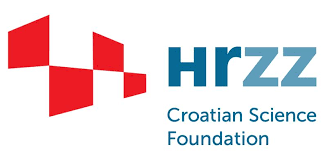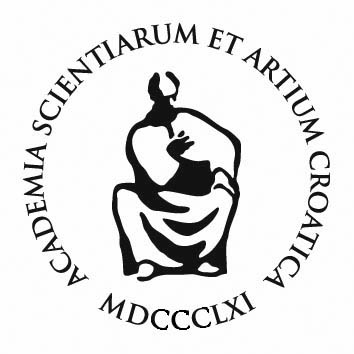Higgs Pairs Workshop 2022
This workshop aims at gathering both theorists and experimentalists to discuss recent results, analysis techniques and theoretical calculations of HH production.
We plan to cover LHC results, analysis techniques, prospects at future colliders, advances in theoretical calculations, BSM phenomenology, and EFT interpretations.
The main program will consist of several days dedicated to specific topics with invited talks, but we also allow for submitted talk contributions. We also plan to allow ample time for discussion.e
We will go ahead with an in-person meeting and look forward to welcoming everyone in Dubrovnik! The workshop is limited to 110 in-person participants, due to restrictions on the venue capacity. Once we reach this limit we will establish a first come first serve waiting list for further registrants. Note that Covid measures in Croatia will be released after Easter; we are also considering local streaming options. In any case, in-person registration will close on 1st May. The in-person registration fee will be 220 Euros (payment details available here).
UPDATE: The registration period has been extended until May 15th. Registrations after this date will be possible upon request and will be considered on a case-by-case basis.
The workshop is supported by




